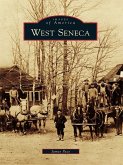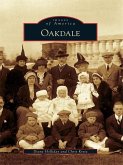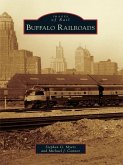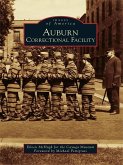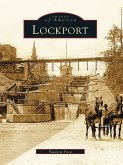Between the years of 1940 and 1960, Tonawanda and North Tonawanda virtually redefined themselves. The waning lumber industry gave way to manufacturing that accommodated first the war effort and then postwar market demands. After the war, men and women returned to family life, and the baby boom began. New homes, new schools, and new roads were built to serve the burgeoning population; meanwhile, local industries expanded, and new businesses took root. Well-paying jobs were plentiful, as were consumer goods such as televisions, modern appliances, and cars. Community pride was evident, with volunteers swelling the ranks of fire companies, churches, and service clubs. Downtown had dozens of shops, department stores, restaurants, and entertainment venues such as the Riviera and Melody Fair. Tonawanda and North Tonawanda: 1940-1960 celebrates the American Dream, an era when teenagers were rocking and rolling at school dances and hanging out at Zeffery's the Sugar Bowl, and Pee Wee's Pizzeria.
Dieser Download kann aus rechtlichen Gründen nur mit Rechnungsadresse in A, B, BG, CY, CZ, D, DK, EW, E, FIN, F, GR, HR, H, IRL, I, LT, L, LR, M, NL, PL, P, R, S, SLO, SK ausgeliefert werden.




